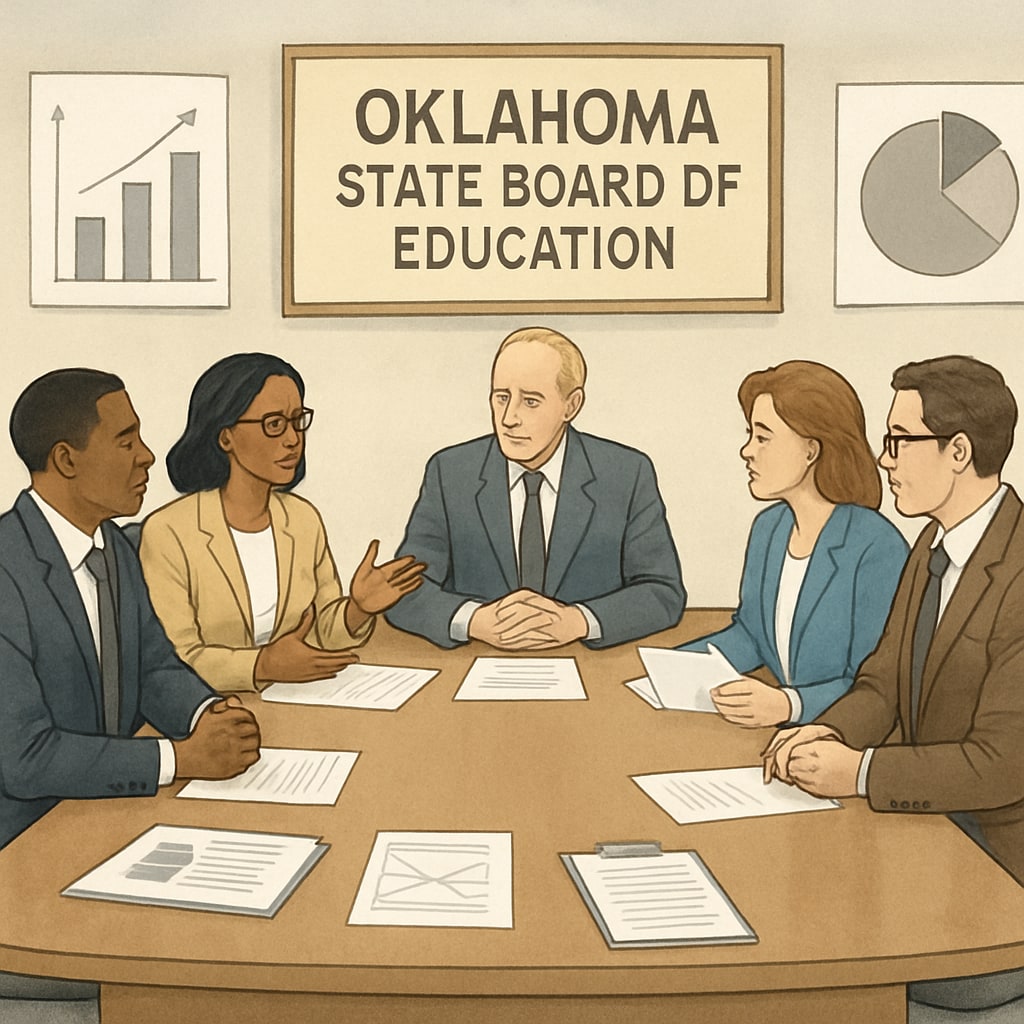Oklahoma’s newly implemented policy requiring out-of-state teacher applicants to undergo political inclination tests has ignited controversy across the educational world. Critics argue that such measures could compromise educational diversity and open the door to ideological bias, while proponents claim it ensures alignment with community values. As debates intensify, this policy raises pressing questions about the role of politics in education recruitment.
Why Political Inclination Tests in Teacher Applications?
The decision to include political inclination tests as part of teacher applications stems from Oklahoma’s desire to ensure that incoming educators align with the state’s cultural and ideological norms. The policy’s advocates suggest that teachers play a significant role in shaping young minds, and their personal beliefs could influence classroom dynamics and educational content.
However, the move has raised concerns about potential discrimination against applicants who may hold different political views. Critics worry that such tests may exclude talented educators merely based on their political affiliations, undermining the principle of merit-based hiring.

Potential Impacts on Education Diversity
One of the primary concerns surrounding Oklahoma’s political inclination tests is their potential impact on diversity in education. Diversity—whether in terms of teaching methods, cultural perspectives, or ideological viewpoints—is widely regarded as essential for fostering critical thinking and preparing students for a globalized world.
By filtering candidates based on political beliefs, the state risks creating a homogenous educational environment that may limit exposure to varied perspectives. This could hinder the development of students’ ability to critically evaluate differing viewpoints, an essential skill in today’s polarized society.

Balancing Ideological Alignment with Educational Integrity
While Oklahoma’s policy may have been designed to protect community values, it raises ethical questions about balancing ideological alignment with educational professionalism. How much should a teacher’s personal beliefs factor into their ability to perform their role effectively? Should political inclination be weighed as heavily as teaching qualifications and experience?
The answers to these questions will likely vary depending on individual perspectives. However, one thing remains clear: policies like these require careful consideration to avoid unintended consequences that could undermine the integrity of the education system.
Key considerations:
- Ensuring policies are not discriminatory.
- Focusing on qualifications over ideology.
- Promoting diversity in educational environments.
Looking Ahead: The Future of Teacher Recruitment Policies
As Oklahoma’s policy continues to spark debate, it serves as a reminder of the broader challenges facing education in politically polarized times. Other states may consider implementing similar measures, potentially reshaping teacher recruitment processes nationwide. However, safeguarding educational diversity and meritocracy remains crucial.
Ultimately, crafting policies that strike a balance between ideological alignment and professional qualifications will require collaboration among educators, policymakers, and community stakeholders. Transparency and dialogue will be essential in ensuring that education systems remain inclusive and equitable for all.
Learn more about education policies on Wikipedia
Explore education topics on Britannica
As Oklahoma moves forward with this controversial policy, the broader implications for education diversity and recruitment remain to be seen.


